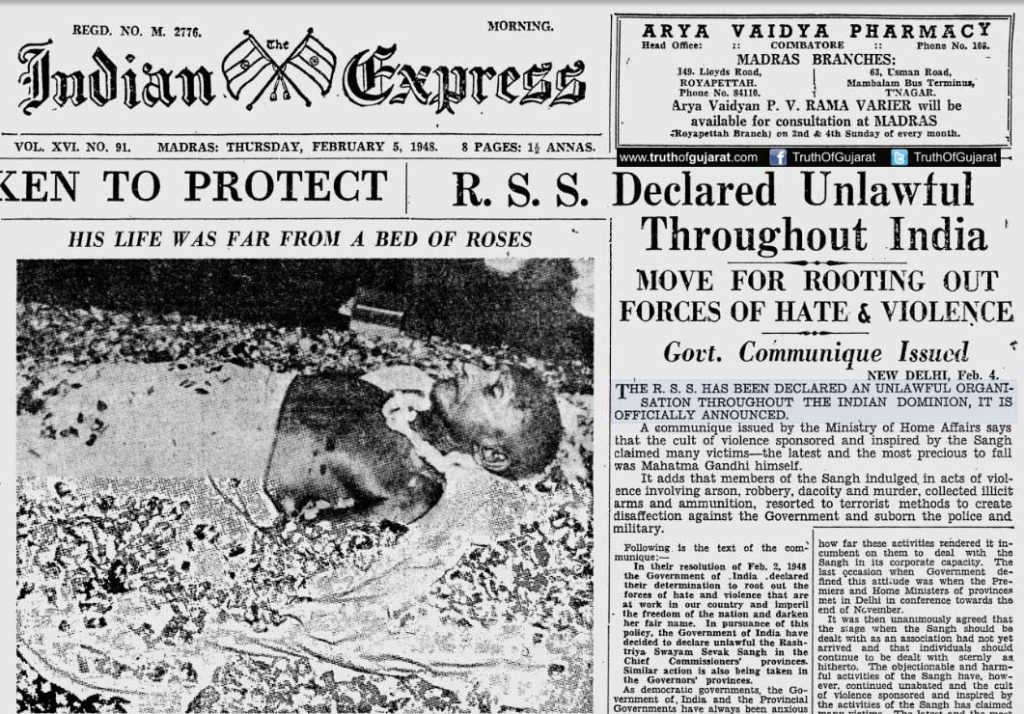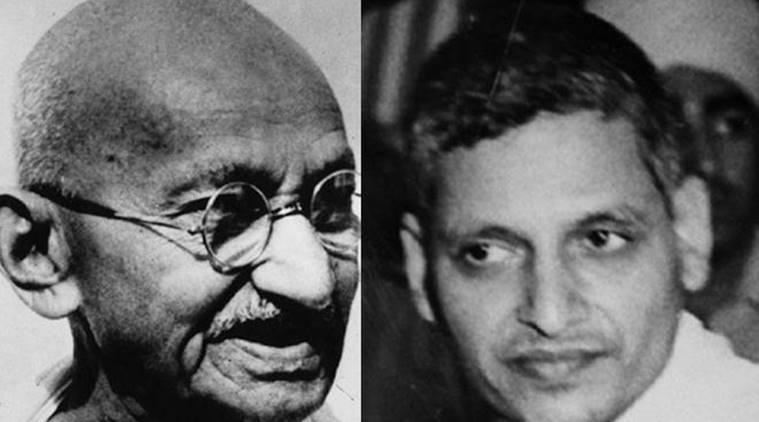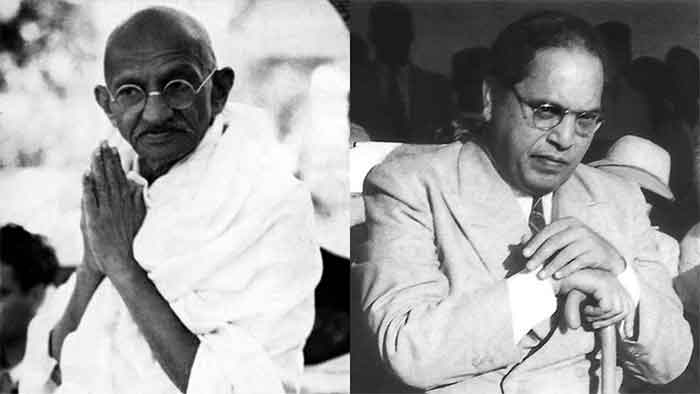
India—a country so rich with its knowledge, values, languages, ethos, traditions, and numerous scientific breakthroughs—has evolved into a transformative nation, upholds international reputation, and embedded with its today’s thriving society, because of the sacrifices made by our stout-hearted freedom fighters who voyaged several long-standing struggles against the British colonial regime. 30th January is celebrated as Shaheed Diwas in memory of Mahatma Gandhi, which is also marked as the death anniversary of the Nation’s Bapu, none other than Gandhi ji.
Shaheed Diwas—also known as Martyrs’ Day—is celebrated on different dates across the country. Nevertheless, the essence of this observance is to pay tribute to the Bravehearts; freedom fighters, like Bhagat Singh, Shivaram Rajaguru, Sukhdev Thapar, and other valiant soldiers who sacrificed their lives for the country’s independence, and to pay homage to the greatest leader, Mahatma Gandhi who inspired millions of people with his principles of non-violence (Ahimsa) and truth (Satyagraha).
The day symbolizes freedom, freedom from slavery to foreign power, being said because of Gandhi’s profound struggle against the British Raj. It is truly accurate and very unfortunate to spell that the man, the ‘Father of the Nation’—who gifted us a land, ‘where the mind is without fear and the head is held high’—was assassinated by a member of the supremacist organization, Nathuram Godse, during his evening prayer in the Birla House, New Delhi on 30th January, 1948, which shattered the entire country into tears and unacceptable mourning. From the day onwards, 30th January is marked as the annual commemoration of the Martyrs of the Nation— specifically a day to uphold the great ideals and socio-political principles of Gandhi ji.
Mahatma Gandhi—born at Porbandar, on October 2nd, 1869—was one of the most influential social, political, and spiritual leaders in times of India’s liberation movement, and played a significant role in the independence of the country. This pure soul, Bapu ji not only received international fame for his non-violent protest principles to nourish political and social transformations but became the symbol of peace and non-violence across the globe.
Shasheed Diwas has a rich history, and the significance of the day lies in the fact that the great Indian nationalist and visionary, Mahatma Gandhi launched several protests and movements, helping unprecedentedly to gear up the national freedom struggle to the ultimate against the British Raj. The Champaran Satyagraha (1917), Khadi Movement (1918), Non-cooperation Movement (1920), the Khilafat Movement (1919), Boycott of Simon Commission (1928), Dandi March (1930), Gandhi-Irwin Pact (1931), Harijan Sevak Sangh (1932), and Quit India Movement (1942) are some of the greatest moments in Gandhi’s struggle for freedom that paved the way for India finally getting its independence on August 15, 1947.
His philosophy was based on the principles of non-violence (Ahimsa), the fight for truth (Satyagraha), and political and individual freedom (Swaraj), and inspired millions of people with his principles. The emphasis that the moral universe is one and that the morals of individual groups and Nations must be the same, and also the insistence that the means and the ends must be consistent, as underlined by Bapu ji. He was such a leader who was willing to suffer and die for his principles (Satyagraha).
On Martyrs’ Day, The President, Vice President, Prime Minister, Defense Minister, the Chief of Defense Staff, and the three service Chiefs (Army, Air Force, & Navy) concordantly gather at the samadhi at Raj Ghat Memorial, New Delhi to pay tribute by placing a multi-colored flower garland on the statue of Gandhi ji. An honorable salute is also given by the armed forces personnel and inter-services contingent to pay respect to the Martyrs. A two-minute silence in memory of Bapu ji as well as other Indian extraordinary Martyrs is observed throughout the nation at 11:00 am. Participants hold all religious prayers and sing tributes.
Also, the day fills the hearts of Indians with great pride, education institutions organize different events—parades, poetry sessions, debates, dances, essay contests, and cultural activities with patriotic themes—to commemorate martyrs’ Day. The younger generations are inspired by these activities to become aware of the sacrifices made by Gandhi ji and other freedom fighters and to express solemnity of gratitude for their freedom. Many schools also have programs on the day in which students display patriotic songs and plays.
The day reminds us of the value of freedom and the sacrifices that were made by our revolutionary leaders and courageous freedom fighters to attain it. The day is a reminder that we should never take our freedom for granted, and must always strive to protect it. It inspires us to be patriotic and work towards the betterment of our country. The day is a symbol of ‘Unity and Pride’ for the nation as a whole and it helps us remember the bravehearts like Mahatma Gandhi ji who laid down their lives for the country’s freedom.
Dr. Nawaz Sarif, Assistant Professor, School of Education, Adamas University, Kolkata, India














































